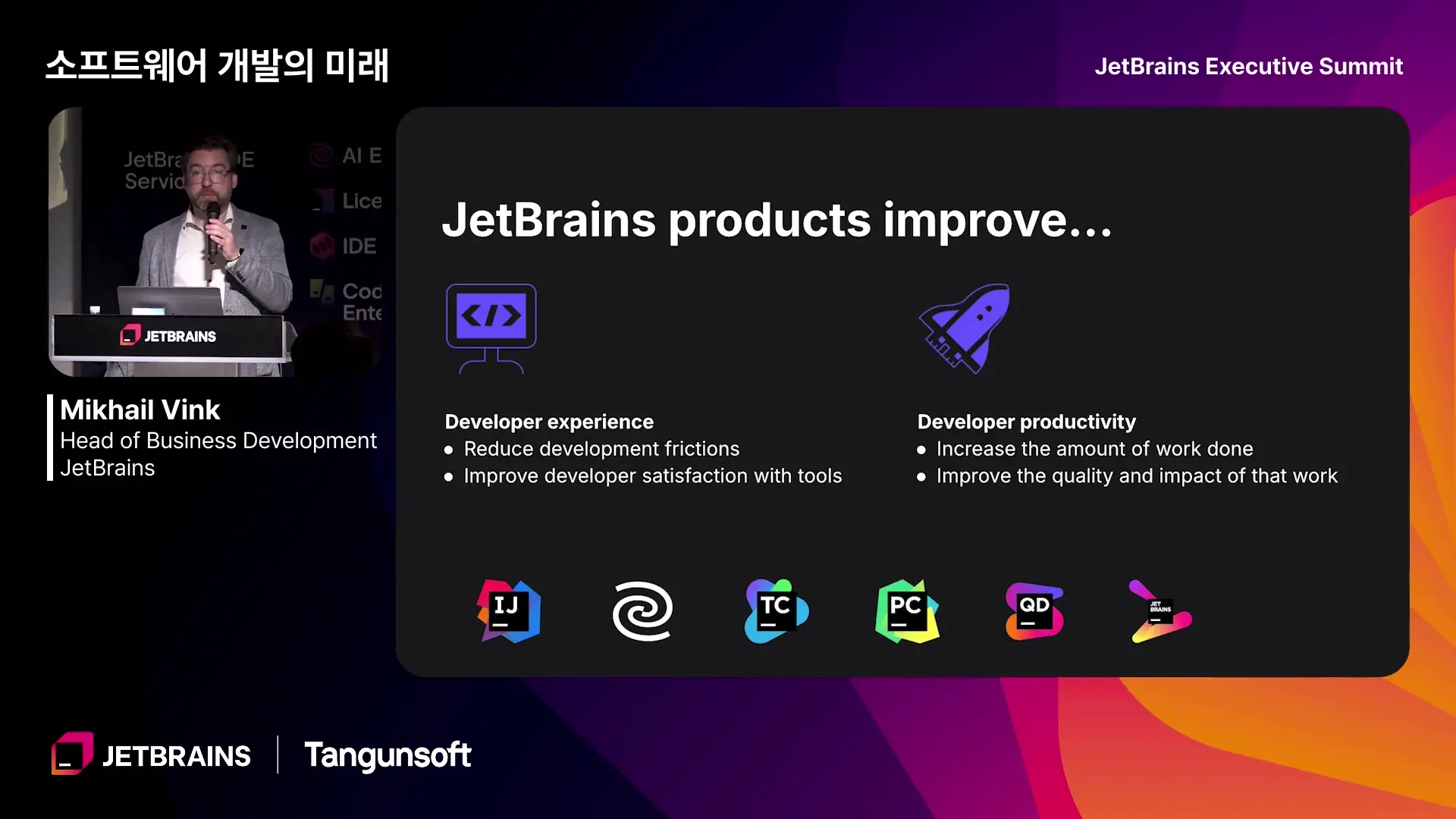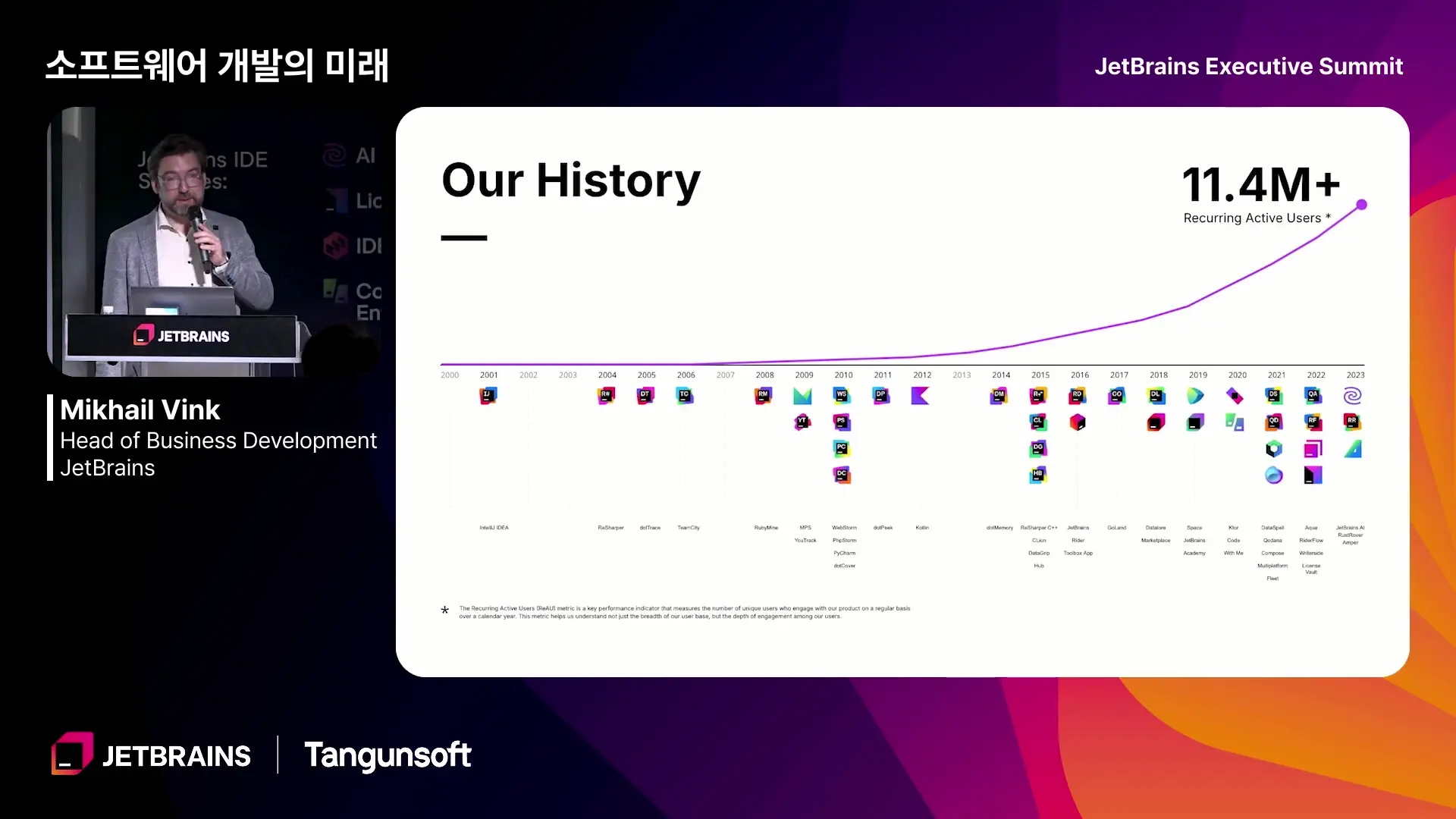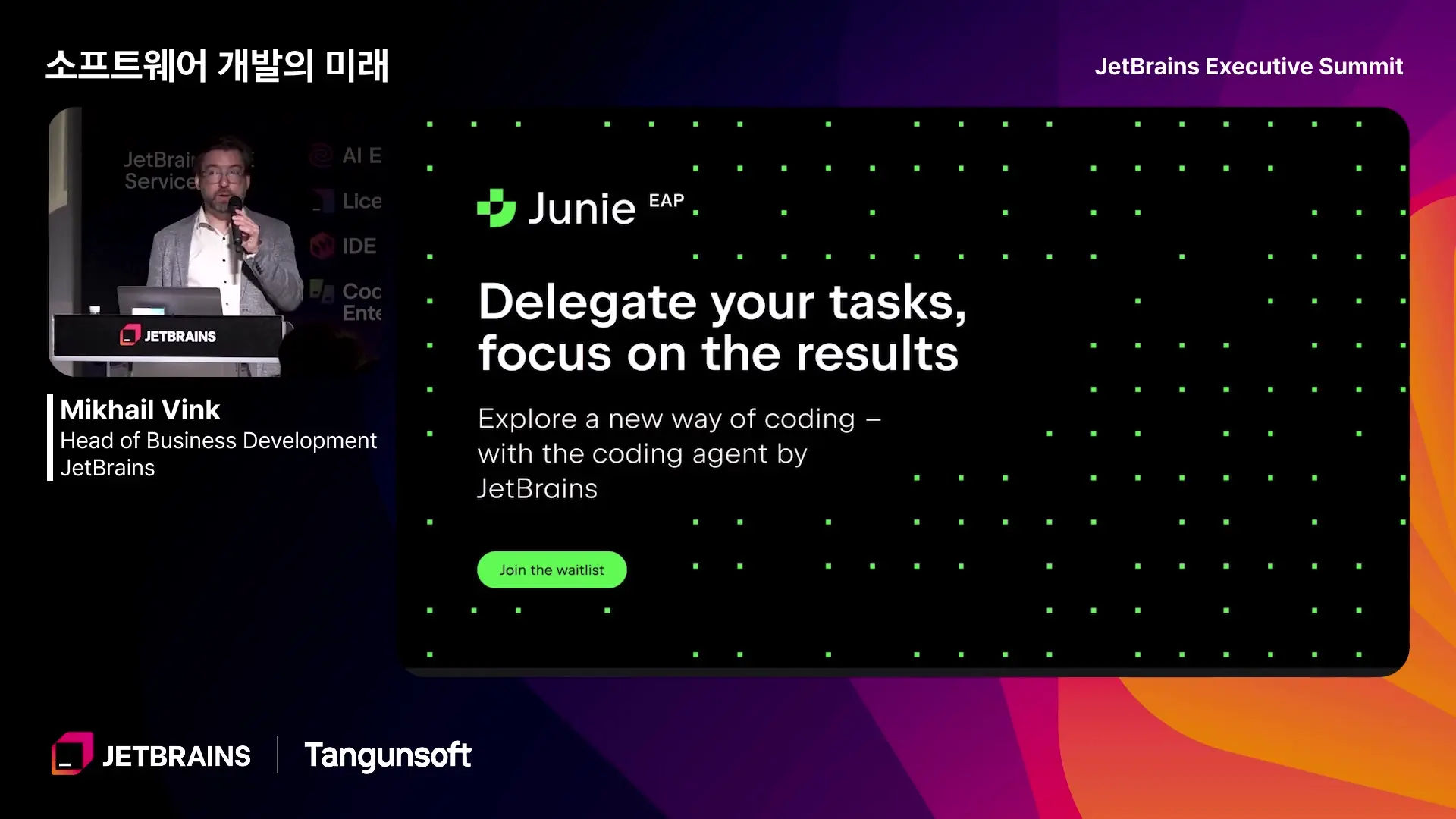
The software development landscape is rapidly evolving, with new trends emerging that are fundamentally changing how developers work. Understanding these shifts is crucial for organizations aiming to stay competitive and maintain high-quality software development practices. Let's explore three key trends that are shaping the future of software development: developer experience, remote development, and artificial intelligence.
Developer Experience: The Human Side of Software Development
Developer experience (DX) has emerged as a critical factor in software development success. It encompasses the tools, processes, and culture that influence developer satisfaction and productivity. Unlike traditional metrics that focus solely on output, developer experience considers how developers feel about their work environment.
According to industry research, developer experience is about more than just tooling—it's about creating an environment where developers can thrive. Tools represent only 20-30% of the overall experience, with the remainder coming from organizational culture, processes, and work environment.

Microsoft's research identifies three critical components of developer experience:
- Flow state: The mental state where developers work without distraction
- Feedback loops: How quickly developers receive feedback on their work
- Cognitive load: The mental processing required to complete tasks
The impact of these factors on productivity is significant. Developers with shorter feedback loops report 50% less technical debt in their projects. Those with lower cognitive loads feel 42% more productive, while those who can maintain flow state report being 50% more productive.
These findings highlight why organizations need to focus on developer experience as a strategic priority. When developers feel productive and satisfied, they produce better code and are less likely to burn out or leave the organization.
Remote Development: Transforming How Code Gets Written
Remote development represents a fundamental shift in how developers interact with their development environments. Unlike traditional local development or VDI (Virtual Desktop Infrastructure) approaches, remote development separates the development environment from the local machine.
In a remote development setup, the IDE, source code, debugging tools, and computational resources run on a server (either in the cloud or on-premises), while developers interact with this environment from their local machines. This architecture addresses several key challenges in modern software development:
- Security: Source code never leaves secure environments, and theft of a developer's laptop doesn't compromise code
- Standardization: Organizations can create consistent development environments for all team members
- Onboarding: New developers can become productive faster without lengthy environment setup
This last point is particularly significant. One major financial institution reported that new developers took an average of 33 days from hiring to their first code commit—primarily due to environment setup and codebase familiarization. Remote development can dramatically reduce this onboarding time.

AI in Software Development: Revolution in Progress
Artificial intelligence represents perhaps the most transformative trend in software development. AI-powered tools are changing how developers write, review, and maintain code by reducing cognitive load and accelerating development processes.
Modern AI assistants in development environments can:
- Generate code based on natural language descriptions
- Suggest completions that match project patterns and standards
- Explain complex code segments to improve understanding
- Detect potential bugs and security vulnerabilities
- Automate routine coding tasks to keep developers in flow state
These capabilities directly address the core components of developer experience: they reduce cognitive load by handling routine tasks, provide immediate feedback on code quality, and help maintain flow state by minimizing context switching.

The Convergence of These Trends
These three trends—developer experience, remote development, and AI—are not evolving in isolation. They're converging to create a new paradigm for software development that is more efficient, secure, and developer-friendly.
For example, AI assistants in remote development environments can provide standardized code suggestions that align with organizational best practices, while also reducing the cognitive load on developers. This combination improves both security and developer experience simultaneously.
Implementing These Trends in Your Organization
Organizations looking to stay competitive in software development should consider these approaches:
- Measure and optimize developer experience through regular feedback and tool evaluation
- Explore remote development solutions that balance security needs with developer productivity
- Integrate AI tools thoughtfully, focusing on reducing cognitive load and improving flow state
- Update tooling regularly to benefit from performance improvements and new capabilities
- Focus on non-technical factors that affect developer satisfaction, such as meaningful work and well-defined tasks
Conclusion: Preparing for the Future of Software Development
The future of software development is being shaped by these interconnected trends that prioritize both human and technical aspects of coding. Organizations that embrace developer experience, remote development, and AI-assisted programming will be better positioned to attract and retain talent, improve code quality, and accelerate delivery timelines.
As these trends continue to evolve, the most successful organizations will be those that maintain a balance between leveraging new technologies and focusing on the human elements that make developers productive and satisfied. By addressing both sides of this equation, companies can create sustainable software development practices that drive innovation and business value.
Let's Watch!
3 Key Trends Shaping the Future of Software Development in 2024
Ready to enhance your neural network?
Access our quantum knowledge cores and upgrade your programming abilities.
Initialize Training Sequence